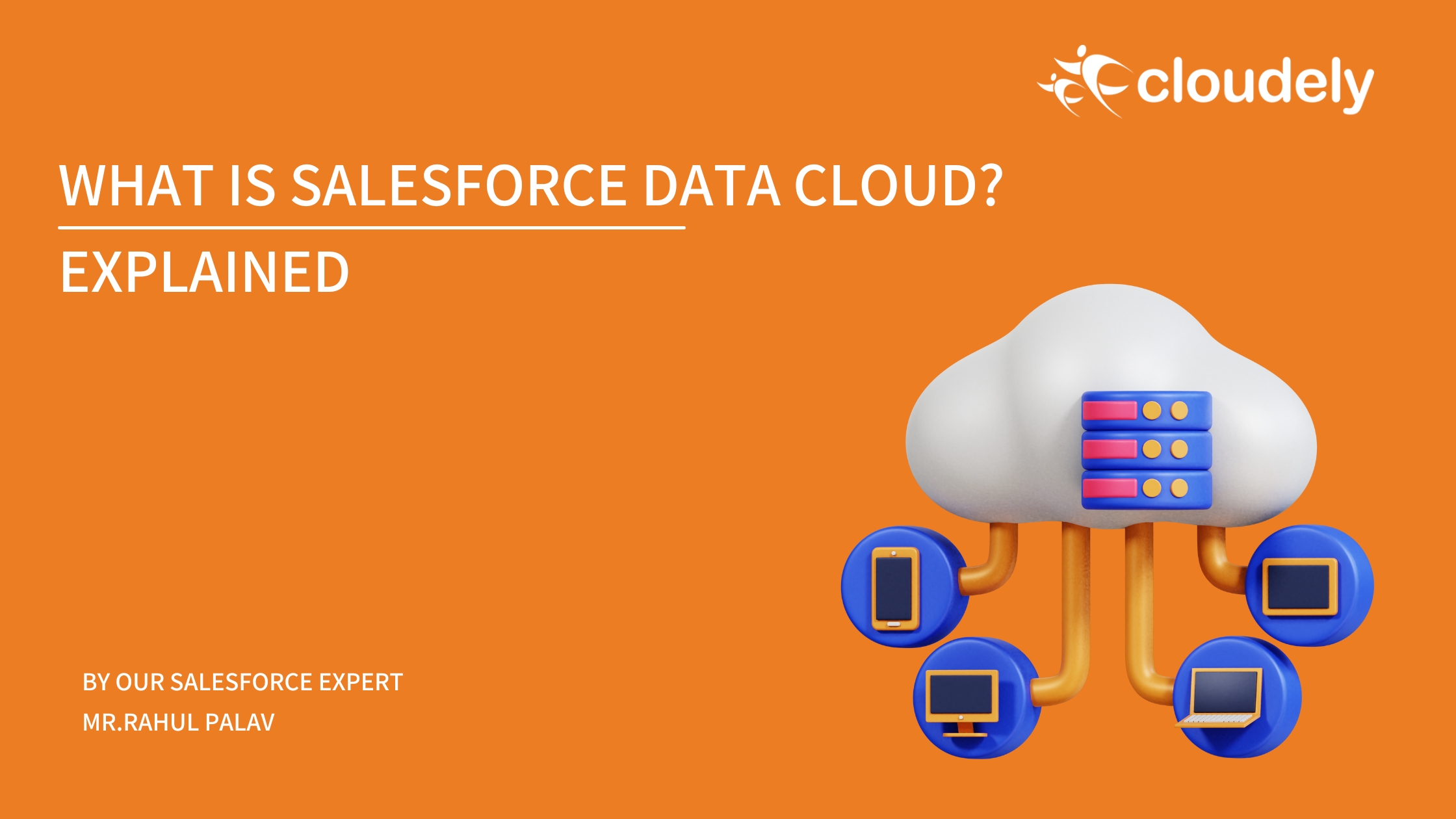What is Data Cloud?
The Data Cloud is the real-time platform for customer magic. Unify your customer data and take action on insights with AI and automation in real-time data activities. Bring real-time data power to Customer 360. You can save your time and money while growing revenue with Data Cloud.
- Connect – To Connect all your customer data at scale, from any app, device, or real-time stream, with out-of-the-box connectors.
- Harmonize – Automatically harmonize all of this data into a single customer graph.
- Engage – To Empower any department and any industry with unified customer profiles that adapt to their activity in real-time.
- Experience – Create magical experiences for your customers in critical moments when milliseconds matter most.
Why do we need Data Cloud?
As technology keeps moving forward, customer expectations are higher than ever. Data is everywhere, and customers want to engage with data in real-time. This is the most significant technological shift to our platform in the last 25 years. At this very moment, we know that there are teams in organizations that are being asked to do more with less.
- Unified Data Saves Time They are looking for ways to save time. And companies today are saving 67% of technology resources with a unified data solution.
- AI Reduces Costs They are looking for ways to reduce costs. And 79% of companies have achieved cost reduction with artificial intelligence.
- Automation Increases Productivity They are looking for ways to increase productivity. And 77% of companies are saving more than 2 hours a week across each line of business by automating repetitive tasks.
The pressures of the market and inflation are shifting the way they do business.
Key Capabilities & Value
- Map Data into a User-Friendly Model
- Identity Resolution and Profile Curation
- Segment and Activate
- Analyze and Understand
Examples of the data points that you can start to use include:
- Contacts, leads, cases, activities, and so on in one or multiple Salesforce orgs.
- Email and web interactions on your marketing channels.
- Commerce activities (online and in-store).
- Third-party systems like your custom IoT solution.
About the Data Cloud Consultant Credential
It is an ideal credential for consultants who have experience implementing and consulting on enterprise data platforms in a customer-facing role, including designing, configuring, and architecting solutions.
This exam guide prepares you for the Data Cloud Consultant certification exam.
The Data Cloud Consultant meets maintainable and scalable customer business requirements and contributes to a customer’s long-term success. Individuals who are interested in demonstrating competence with Data Cloud should pursue this certification.
About the Exam
Salesforce Certified Data Cloud Consultant exam format:
- Content: 60 multiple-choice questions
- Time: 105 minutes
- Passing Score: 62%
- Registration fee: USD 200 plus taxes
- Retake fee: USD 100 plus taxes
Exam Outline
Solution Overview: 18%
- Overview of Data Cloud and Describe the Data Cloud’s function, key terminology, and business value.
- Identify typical use cases for Data Cloud.
- Articulate the Data Cloud lifecycle and its dependencies.
- Describe and apply the principles of data ethics.
Data Cloud Setup and Administration: 12%
- Apply the necessary Data Cloud permissions, permission sets, and org-wide settings for the org setup..
- Configure the available data stream types and data bundles in the org.
- Identify use cases for data spaces and create data spaces based on requirements.
- Manage and administer Data Cloud using salesforce reports, dashboards, flows, packaging, and data kits.
- Diagnose the data and explore data using different options like Data Explorer, Profile Explorer, and APIs.
Data Ingestion and Modeling: 20%
- Identify the different transformation capabilities within the Data Cloud.
- Describe different processes and considerations for the data ingestion from different sources into Data Cloud.
- Define, map, and model data using best practices and aligning to requirements for identity resolution.
Identity Resolution: 14%
- Describe matching and how its rule sets are applied.
- Reconcile all the data and describe how its rule sets are applied over the sets.
- Describe the results of identifying resolution and use cases.
Segmentation and Insights: 18%
- Define basic concepts of segmentation and use cases.
- Identify scenarios for analyzing segment membership.
- Configure, refine and maintain segments within Data Cloud.
- Identify the streaming insights and differentiate between calculated and streaming insights from the data.
Act on Data: 18%
- Define activations and their basic use cases.
- Use attributes and related attributes.
- Identify and analyze the time dependencies that affect the DC (Data Cloud) lifecycle.
- Troubleshoot common problems within the data.
- With activations including accepted/rejected counts, errors, and not seeing related attributes from the data.
- Use data actions and identify their requirements and intended use cases.
References
The certification self-study materials recommended for this exam include:
- Trailmix: https://trailhead.salesforce.com/users/strailhead/trailmixes/prepare-for-your-data-cloud-consultant-credential
- Exam Guide: https://trailhead.salesforce.com/help?article=Salesforce-Certified-Data-Cloud-Consultant-Exam-Guide

